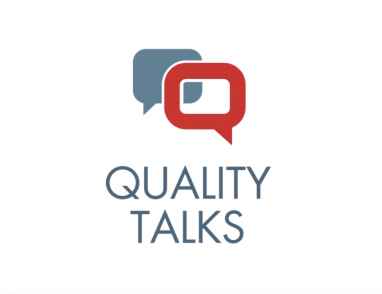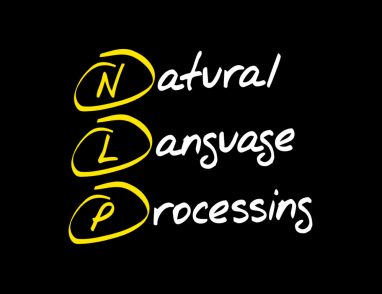1995: First Managed Care Organization “Report Card”
June 25, 2015 · NCQA
25 for 25: A series of 25 blog posts marking NCQA’s 25th anniversary. As part of our anniversary celebrations, NCQA will post a series of 25 blog posts highlighting milestones in our 25 years of improving health care quality.

Remember grade school? Report card day made you either jump for joy or tied your stomach in knots. Health plans can identify with that feeling. They have their own report card day.
It may be consumers who should be jumping for joy. Since 1995, NCQA has released report cards summarizing health plans’ quality. Before then, there was not a central resource for this information. It wasn’t even fully clear consumers understood how this information could assist them and influence quality improvements. That has changed. NCQA’s report cards describe and compare managed care plans on measures of quality and patient experience (what patients think of the care they receive). The goal is to inform and help people choose a health plan, such as during the annual “open enrollment” period.
Although local report card initiatives had existed since the early 1980s, NCQA’s report card for plans nationwide began soon after we assumed full control of the Healthcare Data and Information Set (HEDIS®) measuring health plan performance on important dimensions of care and service. NCQA and other health care players realized managed care systems would compete—and improve—when patients are equipped with information about their health plans’ quality.
Many also thought this reporting would force plans to improve or fold. The public release of quality information would drive out “bad apples” by holding health plans accountable for their quality improvement efforts.
In 1995, NCQA completed and released results of the Report Card Pilot Project. Twenty-one health plans participated. In this precursor to the current report card system, NCQA used audited HEDIS data to assess the plans’ performance across 36 performance measures. The Report Card pilot provided patients with standardized and targeted information on a national scale to help them weigh plans against each other in making their choice.
At that time, report cards were considered to be a new tool or innovation. These days, hundreds of plans are graded. Millions of Americans have better resources—more information—to choose the health plan best suited to their needs.
HEDIS® is a registered trademark of the National Committee for Quality Assurance (NCQA).
A cornerstone of NCQA’s 25th anniversary year will include a look ahead through the eyes of tomorrow’s leaders. This November 9, NCQA will convene Quality Talks: Inspiring the Future of American Health Care, a “TED-style” symposium held at the Knight Conference Center at the Newseum in Washington, DC. bringing together hundreds of health care and public policy professionals, including government regulators, thought leaders and Congressional staff.








